
The Organization Man
First Edition: 1956 plus...
ISBN: 9780812218190
Pages: 448
Recommendation
William H. Whyte’s classic 1950s study of American corporations and their white-collar workers is a bittersweet trip back to a lost world of munificent corporations, placid suburbia and cookie-cutter “organization men.” When Whyte’s book appeared in 1956, 99% of white-collar workers were white men, and they tended to remain with their employers for their entire careers. As young men, they looked forward to superior benefits and generous pensions. But organization men paid a hefty price for this security: their souls, in the form of their individuality. getAbstract recommends this insightful study, which was groundbreaking for its time, to any thoughtful person who wants to understand the midcentury origins of modern corporate life.
Summary
About the Author
William H. Whyte was an editor at Fortune magazine and a distinguished professor at Hunter College of the City University of New York. The publication of The Organization Man established Whyte as America’s foremost organizational analyst.







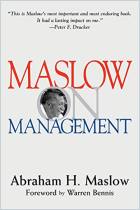
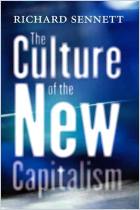

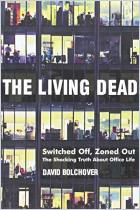
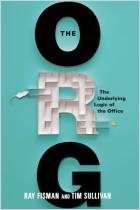
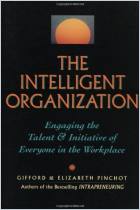

Comment on this summary or Démarrer une discussion